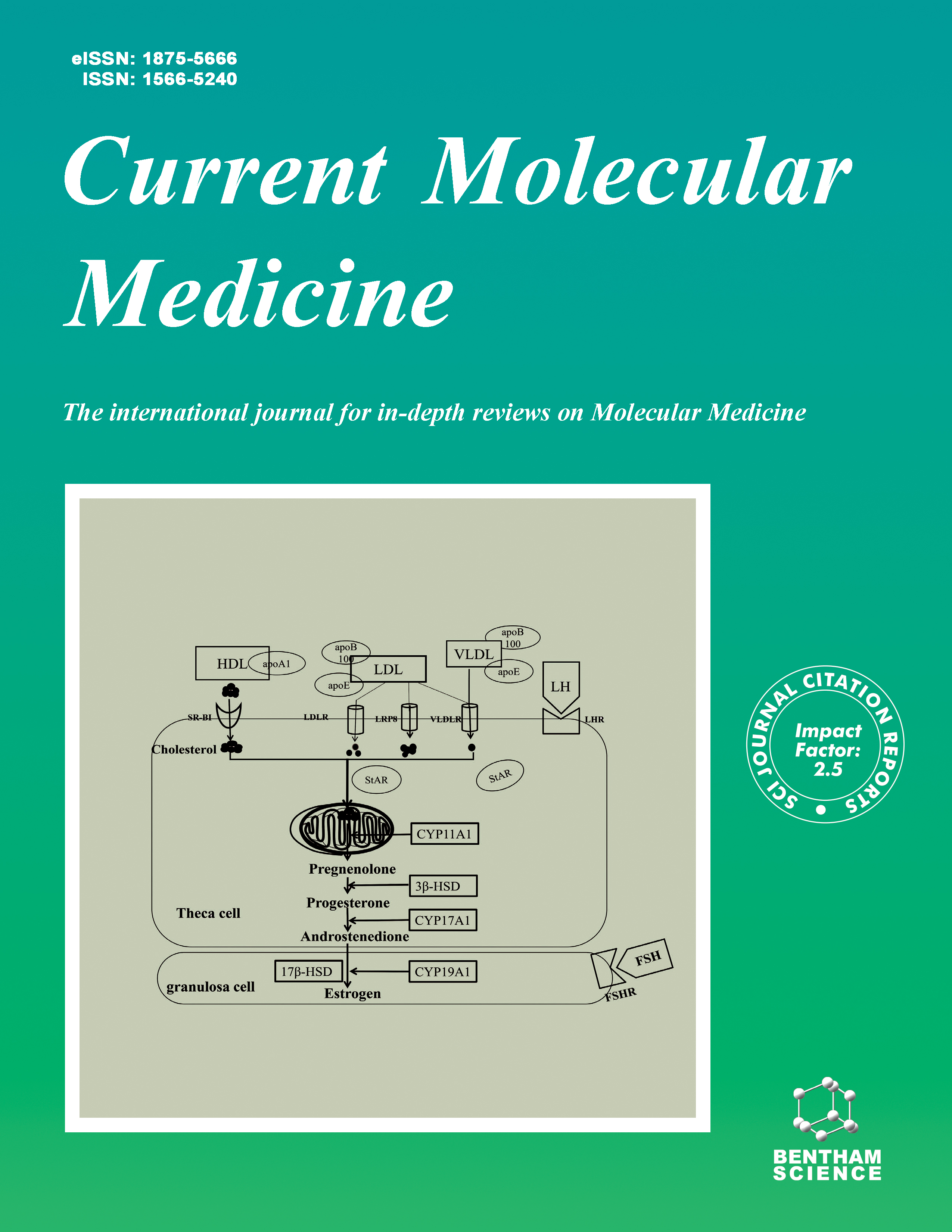
Full text loading...
Antigen 85B (Ag85B) is a signature antigen of Mycobacterium tuberculosis (MTB). In this study, we aimed to investigate the impact of macrophages stimulated with Ag85B on bronchial epithelial cells and T cells, as well as the underlying mechanisms involved.
We used Ag85B to stimulate macrophage and investigated the impact of Ag85B on macrophage polarization. We assessed the impact of TLR4 on Ag85B-mediated macrophage polarization by silencing TLR4. Additionally, the regulatory role of TLR4 on the TRAF6/NF-κB pathway was evaluated through immunoblotting. Activated macrophages with Ag85B were co-cultured with mouse bronchial epithelial cells (MBECs) and T cells, respectively. Through immunoblotting quantification, biochemical methods, and flow cytometry, we explored the effects and molecular mechanisms of Ag85B-induced macrophage activation on bronchial epithelial cell damage and T-cell transformation.
In macrophages stimulated with Ag85B, levels of M1 polarization-related genes (CXCL9, CXCL10, and iNOS) and cytokines (IL-6, TNF-α, IL-1β, and IL-12) were increased, and the M1/M2 ratio was elevated. TLR4 silence inhibited the effects of Ag85B on macrophages and decreased TRAF6 and p-NF-κB/NF-κB levels. TRAF6 overexpression reversed the inhibitory effect of TLR4 on macrophage stimulation with Ag85B. After co-culturing with macrophages induced by Ag85B, MBEC cell proliferation was inhibited, apoptosis was promoted, and the TH17/Treg ratio of T cells was increased. Silencing TLR4 reversed the impact of Ag85B-induced macrophage polarization on bronchial epithelial cells and T cells, which was further reversed by TRAF6 overexpression.
Ag85B promoted M1 polarization in macrophages through the TLR4/TRAF6/NF-κB axis, resulting in bronchial epithelial cell damage and an imbalance in TH17/Treg cells.

Article metrics loading...

Full text loading...
References


Data & Media loading...

